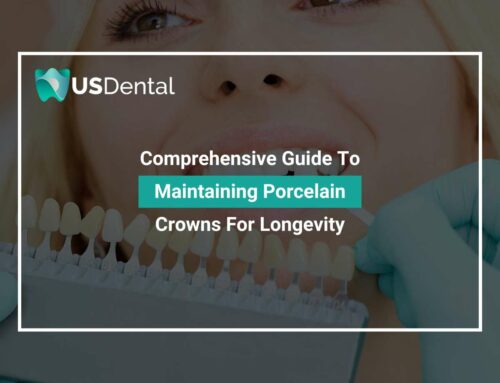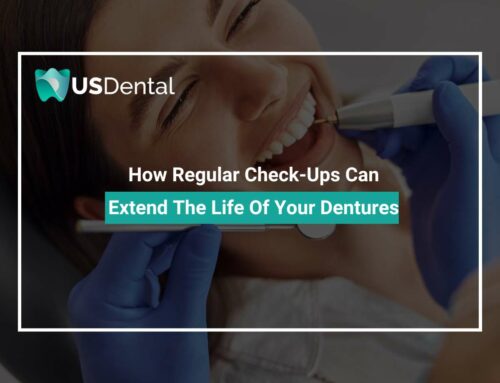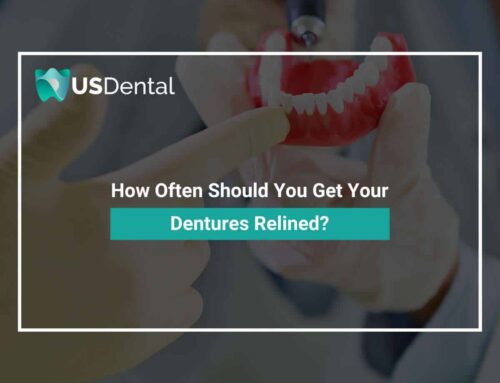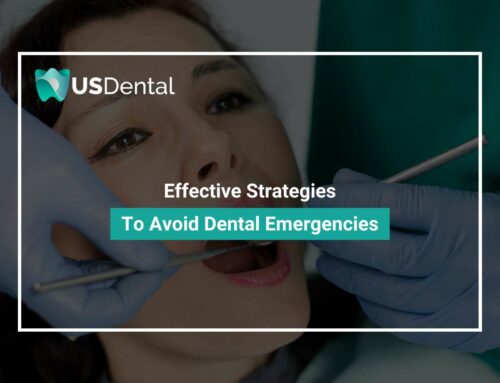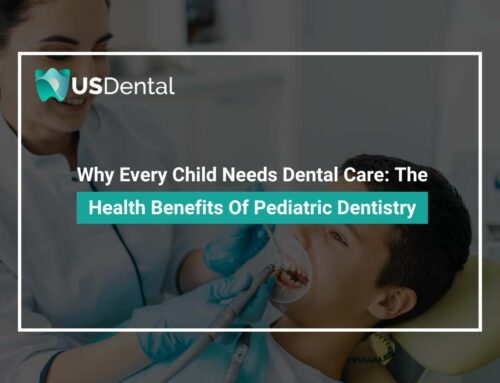Navigate The Risks of Smoking on Your Oral Health To Keep Preserving Your Smile
Smoking is a habit that has been around for centuries. Its implications for overall health are well-documented, but it’s also crucial to consider its impact on a much-overlooked aspect of our well-being: oral health.
In this blog post, we’re going to explore the fascinating and often surprising world of the oral implications of smoking.
From unsightly teeth stains and bad breath to more severe concerns like gum disease and oral cancer, the effects of smoking on your oral health are significant.
So, let’s dive in and explore the world of oral health in the context of smoking, and the role of a Columbus cosmetic dentist in preserving your pearly whites.
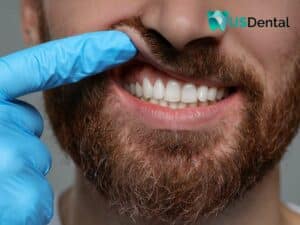
The Impact Of Smoking On Oral Health & Its Consequences
Smoking is probably one of the most dangerous habits in the world. As you may know, it’s associated with the risk of heart disease and lung cancer due to its damaging effects on the body. However, many people forget that smoking also impacts oral health. Here’s how:
Teeth Stains & Bad Breath
Smoking is a well-known culprit to teeth stains and bad breath. The reason behind these issues lies in tobacco’s composition and how it interacts with your oral cavity.
Tar and nicotine, two main components of cigarettes, can leave unsightly yellow or brown stains on teeth over time. These stains are not only aesthetically displeasing but can also be quite stubborn to remove. Regular brushing and even professional dental cleanings may only provide limited relief.
Furthermore, smoking can cause chronic bad breath or halitosis. This occurs because the chemicals in tobacco smoke linger in your mouth, throat, and lungs, leaving behind a persistent foul odor. While mints and mouthwash can provide temporary relief, they don’t address the root of the issue.
In many cases, it’s necessary to contact a trusted cosmetic dentist to get rid of stains and other cosmetic issues related to tobacco. However, the best preventive measure is to cut this habit so you don’t deal with long-term effects.
More Severe Consequences: Gum Disease & Oral Cancer
The consequences of smoking go beyond cosmetic concerns. One of the most severe issues is the increased risk of gum disease, also known as periodontal disease.
Smoking weakens the immune system’s ability to fight off infections, making smokers more susceptible to gum disease. This condition can lead to bleeding gums, persistent bad breath, and even tooth loss if left untreated.
Perhaps the most alarming consequence of smoking is the heightened risk of oral cancer. The harmful chemicals in tobacco products can lead to genetic mutations in oral tissues, potentially resulting in the development of cancerous cells.
Oral cancer is a life-threatening condition that can manifest as sores, lumps, or discolored patches in the mouth. Early detection and intervention are crucial, as the survival rates for oral cancer improve significantly with prompt treatment.
The severity of these issues cannot be understated. Smoking not only impacts your appearance but also poses a serious threat to your overall health. Seeking the guidance of a professional, such as a cosmetic dentist, is essential to address these concerns and take steps towards a healthier, smoke-free future.
Smoking’s Hidden Impact On Your Smile: Xerostomia, Diminished Taste, Smell & Delayed Healing
Beyond the teeth stains, halitosis, and the heightened risk of oral cancer and gum disease, smoking is associated with a range of other oral health problems, including:
- Xerostomia (Dry Mouth): Smoking can contribute to a dry mouth, a condition where saliva production is reduced. This can lead to discomfort, difficulties in swallowing, and an increased risk of dental problems.
- Diminished Taste and Smell: The chemicals in tobacco smoke can impair your ability to taste and smell. Smokers may find that their enjoyment of food and beverages is diminished.
- Delayed Healing: Smokers typically experience slower healing times following dental procedures and surgeries. This can prolong recovery periods and increase the risk of complications.
Actionable Tips To Mitigate The Effects Of Smoking On Oral Health & Maintaining a Radiant Smile
Here are some practical tips to mitigate the effects of smoking on oral health:
Commit to Proper Oral Hygiene
- Brush your teeth thoroughly at least twice a day using fluoride toothpaste to help remove stains and plaque buildup.
- Don’t forget to brush your tongue, as it can harbor odor-causing bacteria.
- Floss daily to remove food particles and plaque from between your teeth.
- Don’t forget to follow the hygiene recommendations made by your cosmetic dentist.
Use Mouthwash
- Choose an antiseptic mouthwash to help combat bad breath and kill bacteria in your mouth.
- Consider an alcohol-free option to avoid exacerbating dry mouth.
Stay Hydrated
- Combat dry mouth by drinking plenty of water throughout the day.
- Chewing sugar-free gum or sucking on sugar-free candies can also help stimulate saliva production.
Maintain a Balanced Diet
- Consume a diet rich in fruits and vegetables, which can help improve your oral health and reduce the risk of gum disease.
- Limit sugary and acidic foods and beverages that can contribute to tooth decay.
Regular Dental Check-Ups
- Schedule dental appointments every six months to monitor your oral health.
- Your dentist can provide professional cleanings, offer guidance on oral care, and detect issues early.
Quit Smoking
- The most effective way to protect your oral health is to quit smoking. Seek support from healthcare professionals or support groups to help you quit.
Consider Nicotine Alternatives
- If quitting is challenging, explore nicotine replacement therapy options, like nicotine gum or patches, which are less harmful to your oral health than smoking.
Monitor Oral Changes
- Be vigilant about any changes in your oral health. If you notice sores, lumps, or any unusual symptoms, consult a cosmetic dentist promptly.
Practice Stress Reduction
- Smoking is often linked to stress. Find healthy stress-management techniques like exercise, meditation, or counseling to reduce the urge to smoke.
Restore Confidence & Achieve a Beautiful Smile After Smoking With Columbus Cosmetic Dentist
Cosmetic dentists combine their dental expertise with an artistic eye to give patients beautiful, healthy smiles. Their role is essential for individuals looking to address the oral implications of smoking, regain their confidence, and maintain an appealing smile.
Whether you seek to correct staining, misalignment, or other dental concerns, a cosmetic dentist can be your partner in achieving the smile you desire.
If you’re looking for a trusted Columbus dentist, contact US Dental & Medical Care today. We’ll be glad to help!
US Dental and Medical Care
949 E Livingston Ave,
Columbus, OH 43205
Phone: (614) 252-3181
Website: https://usdentalmedical.com



